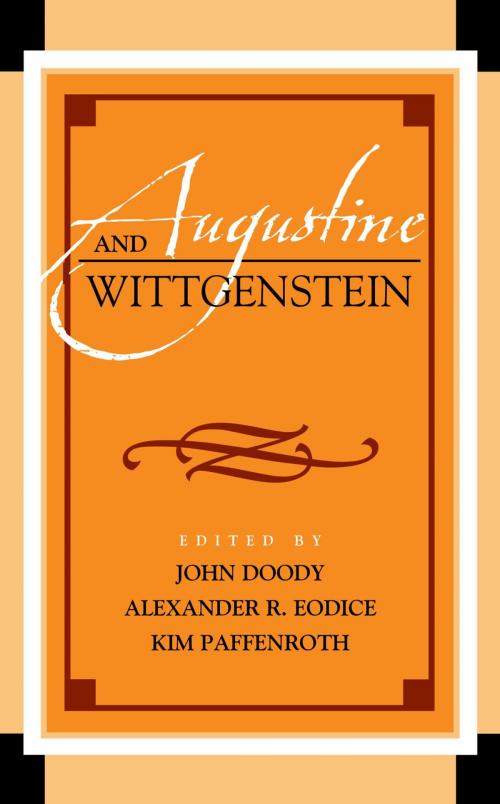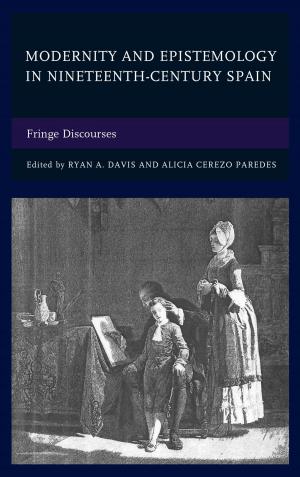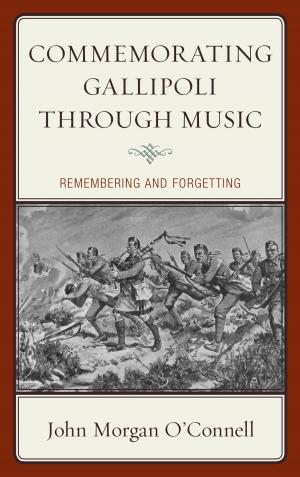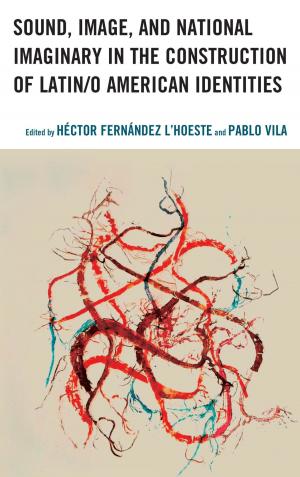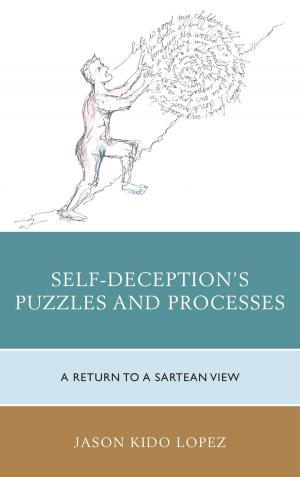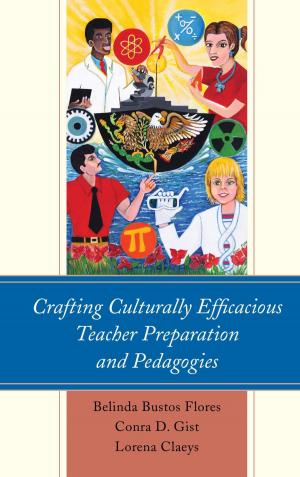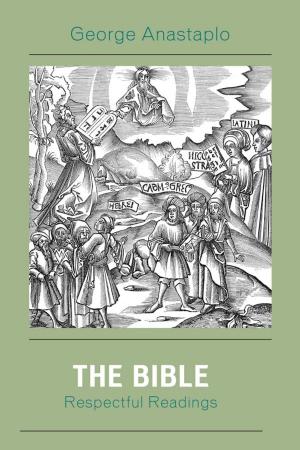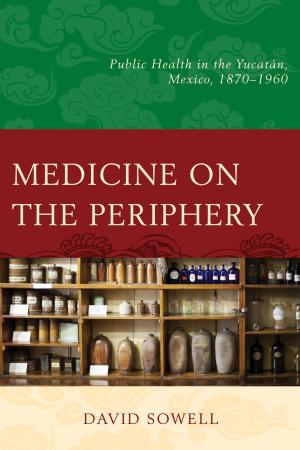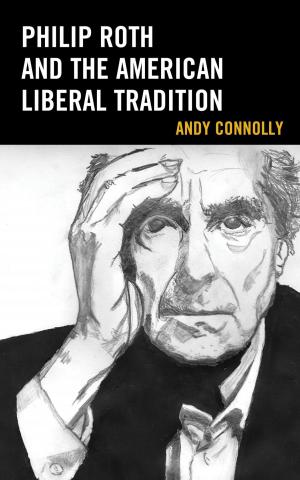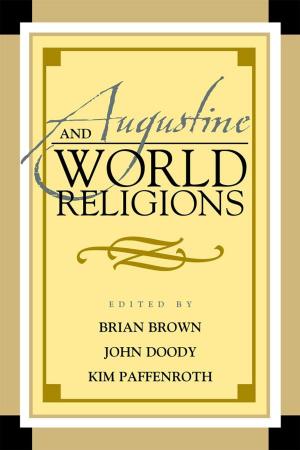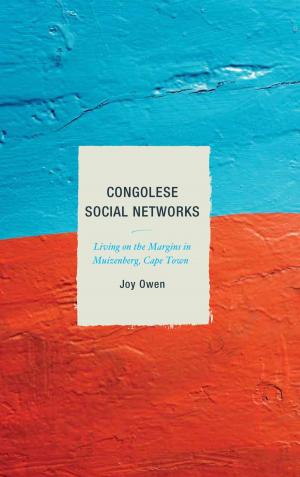Augustine and Wittgenstein
Nonfiction, Religion & Spirituality, Philosophy, Religious, Social & Cultural Studies, Political Science, Politics, History & Theory, Theology| Author: | Myles Burnyeat, Kim Paffenroth, Brian R. Clack, Espen Dahl, Chad Engelland, Alexander R. Eodice, David Goodill, Blackfriars, University of Oxford, UK, Garry Hagberg, Miles Hollingworth, Erika Kidd, Duncan Richter, Caleb Thompson | ISBN: | 9781498585279 |
| Publisher: | Lexington Books | Publication: | September 15, 2018 |
| Imprint: | Lexington Books | Language: | English |
| Author: | Myles Burnyeat, Kim Paffenroth, Brian R. Clack, Espen Dahl, Chad Engelland, Alexander R. Eodice, David Goodill, Blackfriars, University of Oxford, UK, Garry Hagberg, Miles Hollingworth, Erika Kidd, Duncan Richter, Caleb Thompson |
| ISBN: | 9781498585279 |
| Publisher: | Lexington Books |
| Publication: | September 15, 2018 |
| Imprint: | Lexington Books |
| Language: | English |
This collection examines the relationship between Augustine and Wittgenstein and demonstrates the deep affinity they share, not only for the substantive issues they treat but also for the style of philosophizing they employ. Wittgenstein saw certain salient Augustinian approaches to concepts like language-learning, will, memory, and time as prompts for his own philosophical explorations, and he found great inspiration in Augustine’s highly personalized and interlocutory style of writing philosophy. Each in his own way, in an effort to understand human experience more fully, adopts a mode of philosophizing that involves questioning, recognizing confusions, and confronting doubts. Beyond its bearing on such topics as language, meaning, knowledge, and will, their analysis extends to the nature of religious belief and its fundamental place in human experience. The essays collected here consider a broad range of themes, from issues regarding teaching, linguistic meaning, and self-understanding to miracles, ritual, and religion.
This collection examines the relationship between Augustine and Wittgenstein and demonstrates the deep affinity they share, not only for the substantive issues they treat but also for the style of philosophizing they employ. Wittgenstein saw certain salient Augustinian approaches to concepts like language-learning, will, memory, and time as prompts for his own philosophical explorations, and he found great inspiration in Augustine’s highly personalized and interlocutory style of writing philosophy. Each in his own way, in an effort to understand human experience more fully, adopts a mode of philosophizing that involves questioning, recognizing confusions, and confronting doubts. Beyond its bearing on such topics as language, meaning, knowledge, and will, their analysis extends to the nature of religious belief and its fundamental place in human experience. The essays collected here consider a broad range of themes, from issues regarding teaching, linguistic meaning, and self-understanding to miracles, ritual, and religion.
